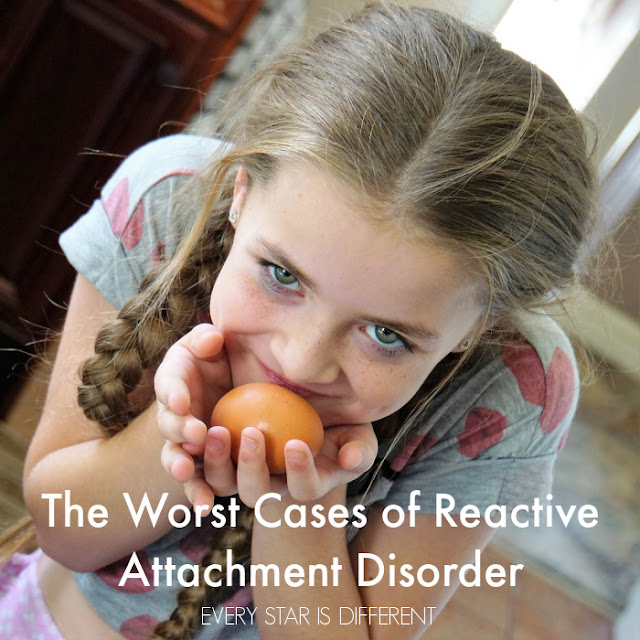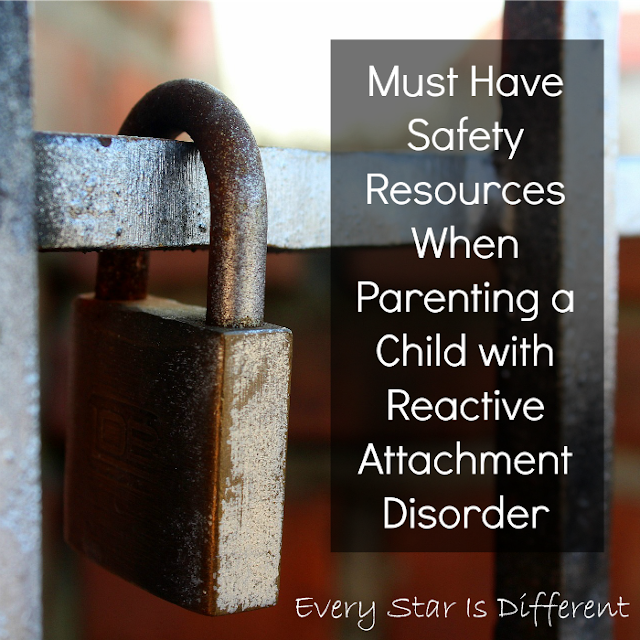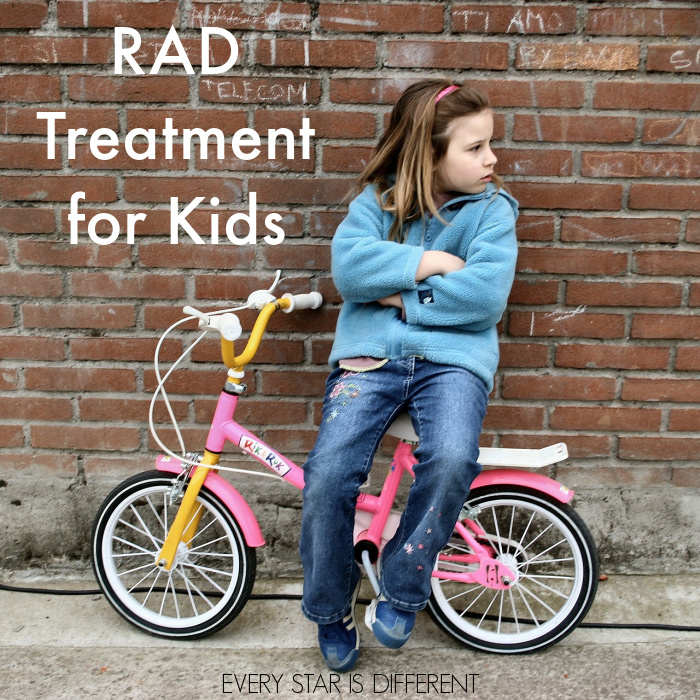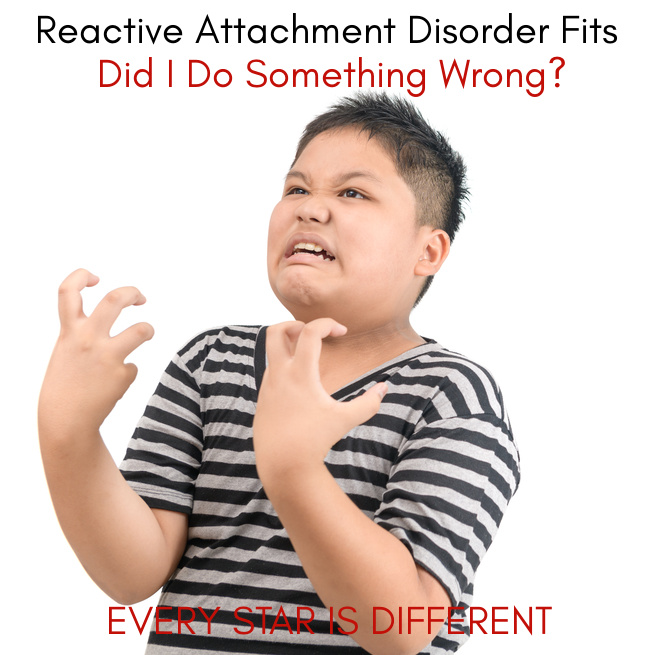The holiday season can be the most difficult time of the year when raising a child with Reactive Attachment Disorder (RAD).
Instead of Christmas being magical, it often turns into an absolute nightmare.
Christmas and other winter holidays that were once joyous occasions may turn into trauma triggers for all in the household.
Here are 7 reasons why the holiday season is difficult for a child with RAD.
Please know when behaviors occur in these situations, it is not the fault of a child with Reactive Attachment Disorder.
The brain has been wired to do these things due to trauma in the past.
What you see and experience is not intentional, even when it feels like it.
7 Reasons the Holiday Season is Difficult for a Child with RAD
Warning: This
page contains content related to Reactive Attachment Disorder that may be
triggering to some.
Important: Children with RAD are
victims of abuse and/or neglect. Behaviors associated with Reactive Attachment
Disorder are due to how the brain forms while the innocent child is surviving
trauma. It is our goal to support healthy and loving families where children
with RAD can heal, if possible.
1. Family, Love, and Traditions during the Holidays
In most homes the holiday season is about family, love, and traditions that bring everyone closer together.
Family, love, and traditions are HUGE triggers for children with Reactive Attachment Disorder.
All three ideas activate the RAD brain, which immediately causes the child with Reactive Attachment Disorder to push back HARD.
The RAD brain feels so unsafe with the idea of family, love, and traditions, it will do anything it can to sabotage experiences that involve them.
This means you may witness or become victim to severe RAD behaviors.
Be prepared and expect them.
2. Past Holidays included Trauma
Often times a child with Reactive Attachment Disorder has experienced trauma during the holiday season.
Trauma doesn't disappear during the holiday season, instead it increases.
Stress, financial struggles, and so much more contribute to this.
It's rare for the present caregiver to know about and understand this past trauma and what triggers it.
Navigating triggers becomes a guessing game of which caregivers tend to fail miserably at.
It's only after a RAD fit that pieces come together and caregivers can prepare for the next year and the rest of the holiday season.
Caregivers can do their best to avoid trauma triggers but we live in the real world and are only human.
And often, depending on the severity of past trauma, sometimes triggers can't be avoided.
Fore more tips on how to handle situations related to past trauma, check out the resource below.
Reactive Attachment Disorder: Tips for Handling Past Trauma During the Holidays
Remember you are the expert when it comes to your child with Reactive Attachment Disorder.
Do what you feel is right.
3. Changes in Routine and Schedules during the Holiday Season
4. Expectations of Extended Family during Holiday Gatherings
5. Overstimulating and Under Stimulating Sensory Experiences During Holiday Preparations and Celebrations
Like a child on the autism spectrum, a child with RAD is often triggered by sensory experiences that are either too strong, not sufficient for her body to regulate, or are a reminder of past trauma.
The holiday season is full of sensory experiences that can result in significant behaviors.
Often times we can forget about sensory experiences as being a reason for behaviors, because Reactive Attachment Disorder is so complicated.
But, sensory experiences are usually the first to trigger, especially during the holiday season.
Consider the loudness of a family get together and the raising of voices.
Think about the chaos of opening gifts.
Then there's the smells of holiday meals, desserts, perfumes, and body odor of so many in a small space.
Physical contact with others often increases during the holiday season.
Touch is often a trigger.
Sensory regulation is crucial during the holiday season, yet so hard to obtain.
Christmas Sensory Kit Ideas for Teens and Families
Our family has found holiday sensory kits have been a huge help!
We always make sure they're available at home and on the go.
6. Receiving Gifts During the Holidays
7. Giving Gifts During the Holidays
Family members and friends give gifts as a sign of love and affection.
This is very triggering for a child with Reactive Attachment Disorder, especially when physical affection and words of praise are offered as a thank you.
A child with RAD may refuse to give gifts or choose to purchase gifts she likes, so she can take them from those she gives them to.
It may be extremely hard for a child with Reactive Attachment Disorder to take perspective and be empathetic or sympathetic to others.
In these cases, selecting gifts for others can be extremely difficult and stress inducing.
Gift giving expectations can lead to behaviors.
The holiday season often becomes the most dreaded time of years by caregivers of children with Reactive Attachment Disorder because there are so many triggers.
If you are a caregiver of a child with RAD, know that you are not alone.
You're not imagining any of the difficulties you're experiencing during the holiday season.
They are real and very hard to navigate.
Hang in there, things can get better over the years, as you start to understand triggers and struggles, and as your child chooses to heal.
If you enjoyed this post, you may also like the resources below.















I am in tears. Yes, yes we are going through this right now. Buying gifts and then they give them away. To the point sometimes “sneaking” things to school to give to others, so they might become her friend.
ReplyDelete